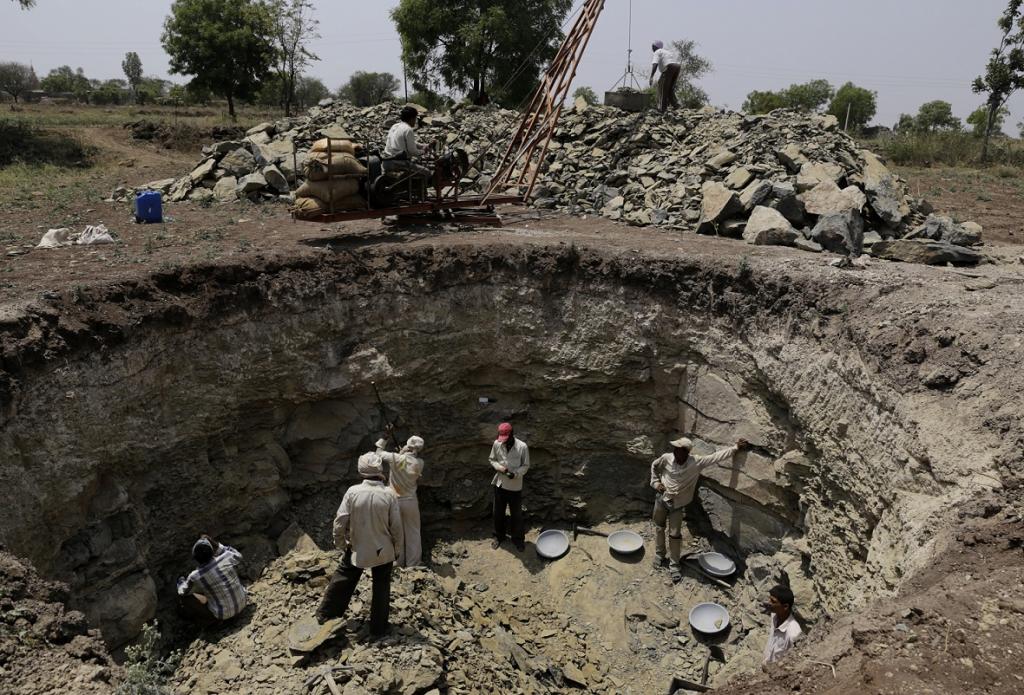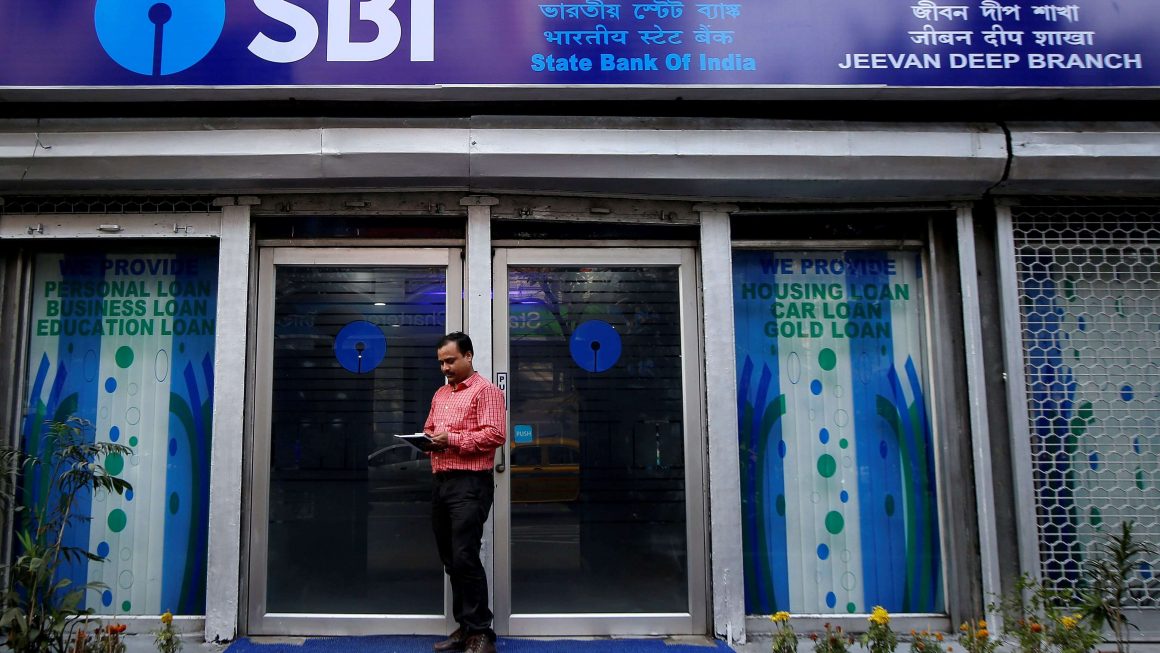AURNAGABAD: Though farmers in Marathwada are facing crop losses due to excess rainfall this year, the above average downpour had one positive fallout – rise in groundwater levels in the drought-prone central Maharashtra region.
The region, where excess rainfall has replenished groundwater levels, consists of eight districts.
Aurangabad district has seen the highest increase of 5.13 metres in groundwater level compared to the last five years, an official said on Friday.
According to a report of the Vasantrao Naik Marathwada Agriculture University based in Parbhani, the region normally receives average rainfall of 722.5 mm during the monsoon (from June 1 to September 30).
This year, the region has received 844.7 mm rainfall, which is 16.9 per cent more than the average, it said.
Six of the eight districts in the region received excess rainfall this year.
Aurangabad, which gets 623.5 mm rainfall on an average, received 951.3 mm rainfall, which is 52 per cent higher than average.
The water table in the district has gone up by 5.13 metres – the highest in the region. A survey, covering 141 wells, was undertaken to check the change in groundwater level in Aurangabad, the official said.
The Groundwater Surveys and Development Agency (GSDA) of Aurangabad examined 875 wells across eight districts of Marathwada.
According to a report of the agency, besides Aurangabad, the increase in groundwater levels in other districts was as follows: Osmanabad 2.88 metres, Beed 2.16 metres, Jalna 2.06 metres, Parbhani 1.89 metres, Hingoli 1.40 metres, Nanded 1.79 metres and Latur 0.92 metres.
“The key reason for the rise in underground water levels is excess rainfall. We measure underground water levels four to five times a year.
“The current exercise was undertaken after rainfall in the period between June 1 and September 30, 2020,” GSDA Deputy Director Dr Megha Deshmukh told PTI.
“We have 875 wells to calculate water levels across the region,” Deshmukh added.
Source: Press Trust of India


